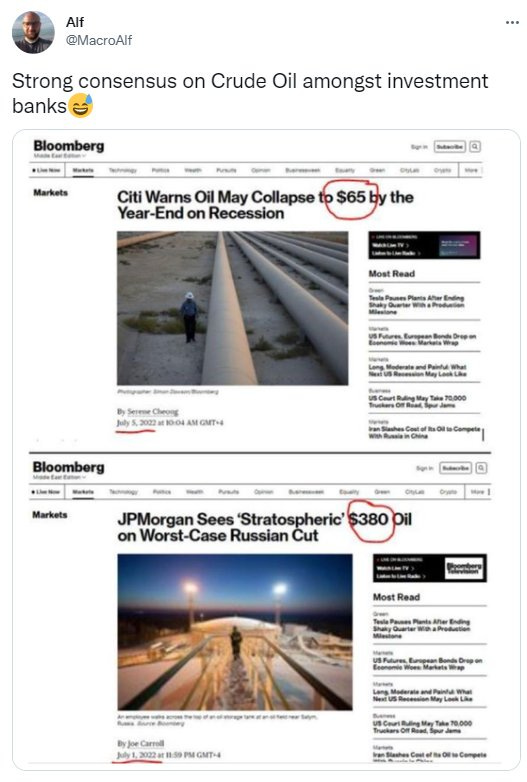M&Ms 63: To Immortalize it Teach it
Hey Team,
If you want to immortalize your knowledge of a topic, you might have to teach it.
Edgar Dale is famous for saying:
"We remember roughly:
10% of what we read
20% of what we hear
30% of what we see
50% of what we see and hear
70% of what we discuss with others
80% of what we personally experience
95% or what we teach others"
My intuition says Edgar was onto something with this observation, especially having experienced this act of teaching a lot in the last year. I have never in my life devoured, retained, and put to use as much knowledge as I did in the last year. And a large reason for all of that was because I was consistently in a position to mentor and teach others behind me, trying to learn what I had just learned.
In fact, I now struggle to find anything more powerful at helping us understand if we truly know something than the act of teaching others.
For example, two months ago, my friend Chris Wong and I taught a 4-week live course on newsletters. It took us a month and lots of conversations to develop the content for it. Newsletters are a topic that Chris and I understand reasonably well. After all, we both have published our newsletters religiously over the last year. We both have personally taken numerous courses from other experts on how to write better, grow on the internet, and so on. How hard could it be for us to teach absolute beginners?
Yet, that act of finding ways to simplify things even if you know them well will stretch you.
We had to find ways to glue vague ideas in our heads together. We had to make these ideas digestible enough that someone else could take them as lessons and succeed. For me, the true test of teaching is not just if a few people can "succeed" from the lessons but, ideally, if a few people can achieve success faster than the teachers did.
A desire to help others achieve what you did but faster will test you and force you to solidify your knowledge.
But this intuition that teaching will do this for you isn't limited to just my recent experiences.
I saw firsthand what would happen to the senior engineers I used to manage when I hired and brought in juniors; this was especially obvious when we brought in interns. Even though we were always swamped and stretched thin, teaching and mentoring others would light up a fire in these seniors. They became more productive when the interns were there even though, with the mentorship, they had more on their plates. Perhaps even more importantly, they became more motivated and engaged during these times.
But what does motivation have to do with solidifying knowledge?
It turns out a lot.
We don't forget the things that inspired us. And how could teaching, mentoring, and grooming others to succeed not inspire us? Judging by the improvements in the senior ranks of my engineering teams and myself in the last year, I would go as far as to say that we are hard-wired for this.
Now let's get into some great things I ran into this week from others.
Three Tweets I loved this week:
I went "viral" on LinkedIn this week, and I thought this thread by Zain had some pretty good advice in it.
I started posting a little more regularly on LinkedIn and have had a few posts do well. But I am very interested in what works, and Zain is a pretty good marketer.
By the way, this was the recent post that did well on LinkedIn:
This tweet proves that everyone is clueless about what happens next. We have two major banks forecasting the exact opposite outcomes later in the year.
Something is deeply wrong with the US Healthcare system.
Having worked in Pharmacy recently, I saw some of those problems firsthand. And they are incredibly hard to fix because of the regulatory environment.
In a world where technology has made almost everything more efficient administrative staff continue to sky rocket as a percent of clinical staff. It makes no sense.
Two Articles I loved this week:
Raad wrote a great piece on what the future of work will likely look like. And the problems with the current model.
Raad runs is the CEO and Founder of his own growing startup, and I had the pleasure of meeting him during my runs of Ship30. It's a good piece, and he's smart, and I enjoy learning from his journey.
Some interesting insights on the tradeoffs our brains make to be more creative:
“Exceptional creativity was associated with more random connectivity at the global scale – a pattern that is less ‘efficient’ but would appear helpful in linking distant brain nodes to each other,”
Three Memes for this week:
As someone from Eastern Europe, this tweet makes me feel seen. I've had to explain to my younger cousins born here many times why Communism is bad.
Thank you for reading. I hope you have a wonderful weekend.
Louie
P.S. you can respond directly to this email and I will do my best to reply. I'd love to hear from you.










